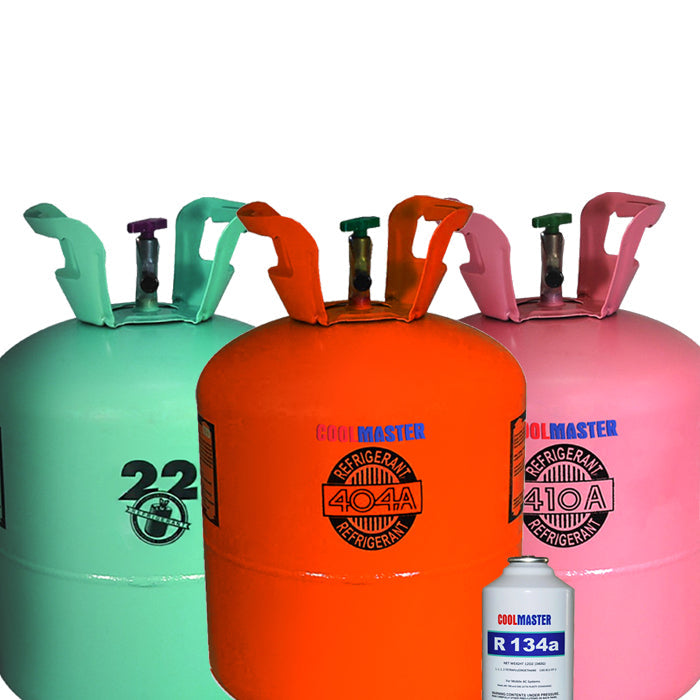321-245-1400
321-245-1400

When it comes to replacing or retiring an old air conditioning unit, many homeowners and small business owners may be tempted to handle the process themselves. However, one critical aspect of HVAC removal that absolutely should not be a DIY job is Freon disposal. Freon, a trademarked brand name, commonly refers to several types of refrigerants, including R-22 (chlorodifluoromethane), though it is often incorrectly used as a generic term for all refrigerants. It has long been used in cooling systems. However, due to its harmful environmental effects, strict federal regulations govern how it must be recovered, recycled, and destroyed.
If you're considering removing or replacing a Freon-containing system, it's essential to understand why proper disposal is not only the safer choice—but also the legal one.
Freon and similar refrigerants are classified as ozone-depleting substances (ODS). When released into the atmosphere, they contribute to the thinning of the ozone layer, which increases the risk of ultraviolet radiation reaching the earth’s surface. R-22, in particular, has been phased out in the U.S. due to its high ozone depletion potential (ODP).
Improper Freon disposal, such as venting refrigerants into the air or tossing an old A/C unit into a landfill without recovery, results in significant environmental harm. Not only does this contribute to climate change and public health issues, but it is also considered a federal offense under Section 608 of the Clean Air Act.
The Environmental Protection Agency (EPA) has established detailed protocols for the handling and disposal of refrigerants. These include:
Violating these rules can result in steep fines—tens of thousands of dollars per day, per violation—as well as potential legal action from federal and state authorities.
Handling refrigerants like Freon requires more than just protective gear—it requires specific knowledge, tools, and EPA certification. Attempting DIY Freon disposal presents multiple risks:
Freon is a pressurized chemical. Mishandling Freon can lead to skin irritation, dermatitis, skin rashes, respiratory issues, or frostbite. In confined spaces, inhaling high concentrations of Freon can displace oxygen, causing dizziness and suffocation.
Certified recovery units are necessary to safely extract Freon without leaks. These machines are expensive and not readily available to the average person.
If a DIY job leads to environmental harm or personal injury, the property owner may be held liable. That risk increases if the system is disposed of improperly, ends up in the wrong facility, or leaks Freon during transportation.
Working with licensed professionals ensures that Freon is handled with care, according to EPA guidelines. Certified technicians are trained in recovery procedures, understand how to document the process, and have access to approved reclamation and recycling centers.
By partnering with a qualified service, you’re not just protecting yourself from legal consequences—you’re also doing your part to reduce environmental impact. Many professional Freon disposal providers even offer pickup services for outdated units, further simplifying the process.
When selecting a Freon disposal provider, look for companies that:
Avoid any service that offers to "dump" or "release" Freon for a fee or suggests that DIY options are safe or legal. If the service doesn’t ask for your equipment type, refrigerant used, or documentation, it’s likely not compliant.
R-22 Freon is no longer manufactured or imported in the U.S., and older HVAC systems that rely on it are becoming increasingly difficult to maintain. As these systems are phased out, proper disposal becomes a key part of environmental responsibility. Whether you're a homeowner upgrading your A/C or a business owner replacing commercial units, using professional Freon disposal services helps keep you compliant, safe, and eco-conscious. Rely on certified experts to handle this process from start to finish, and protect both your property and the planet in the process.